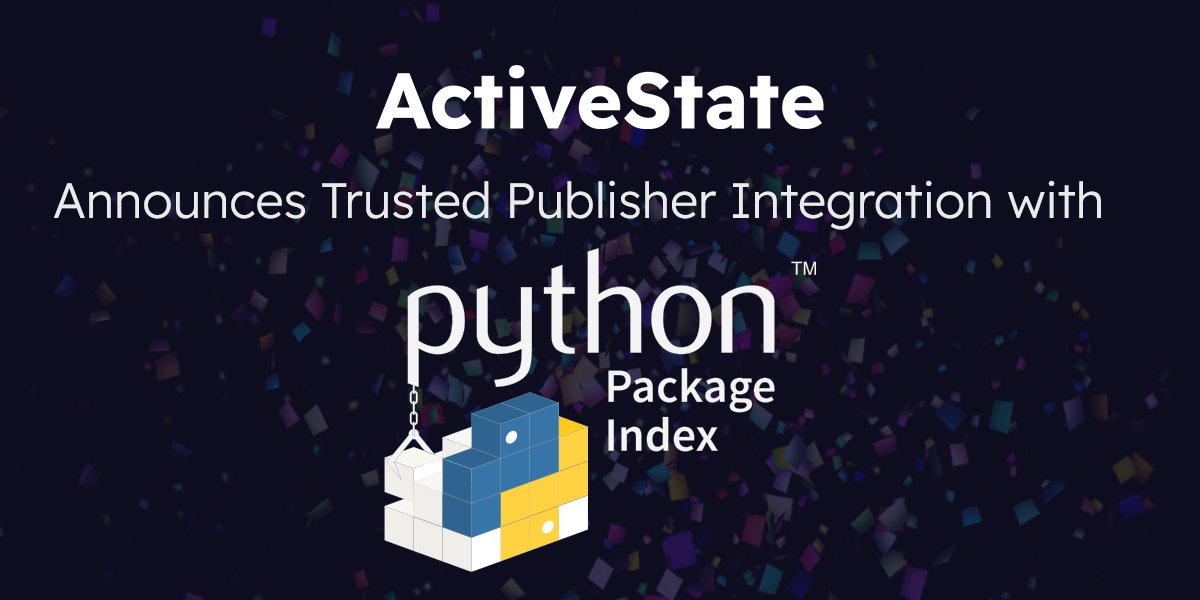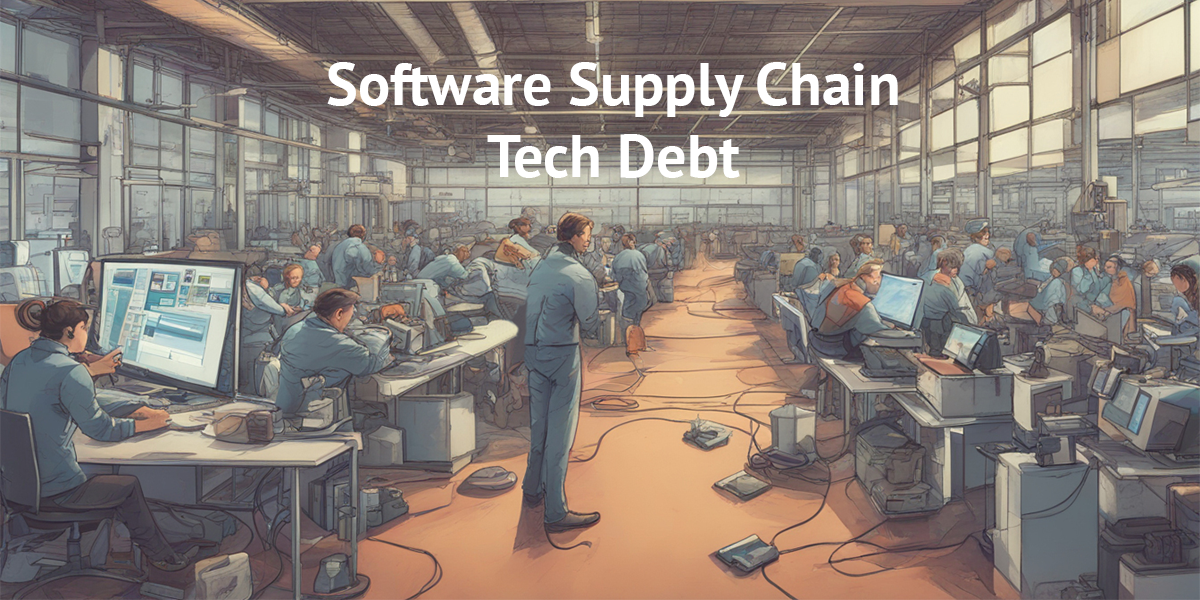It’s been a little over a year since the sale of our Stackato business to HPE, and during this time we’ve been working hard on the next phase of ActiveState. As mentioned in one of my prior blog posts, we wanted to ensure that whatever we did would unify our company–we didn’t want to end up with different business units as we had in the past with our language distributions and Stackato business units. After reviewing a wide variety of possible directions of where we could take ActiveState (and there were lots), I’m excited to announce our plan to expand our languages offerings to include community, commercial support, and enhanced security for current and legacy versions of Ruby, Node.js, Go, and Lua; under the banner of ActiveState – The Open Source Languages Company.
In deciding what was next for ActiveState, we focussed on what we know best: developers, open source, and the enterprise. We are the open source language experts, having provided commercial support and enhanced security for current and legacy versions of Perl, Python and Tcl. For almost 20 years, we’ve built up expertise around language distributions by serving both developers in the community through our free edition, as well as providing business and enterprise offerings for commercial/enterprise and government agencies.
The needs of the two groups are different–the open source community likes the free, pre-compiled, quality assured distributions for their personal projects, while the needs of enterprise and government organizations tend to be more complex–security and support are extremely important for organizations to maintain their business- and mission-critical systems, and the languages used to develop these systems are the most fundamental part. We know that organizations need to mitigate risks, so we provide them with timely security updates and enhanced support that the open source community can’t provide alone. In addition, going forward we will be exploring security at the interpreter for all our languages, as well as a unified package manager to cover all of our supported languages.
What’s Next: Ruby, Go, Node.js and Lua
In 2017, we’re expanding our community and commercial offerings to include Ruby, Go, Node.js, and Lua because we feel that these languages are the most prominent and relevant; they are where we can make a meaningful difference to their respective open source communities, at both the developer and the enterprise level.
Ruby occupies a similar space in the enterprise that Perl did in the late ’90s and early 2000s. It is used for general scripting as well as web applications, particularly via the Rails framework. Node.js is a starting to occupy a similar space, having initially gained acceptance as a back-end language for web applications; it is increasingly expanding into general scripting in the enterprise. Lua is a language we believe has tremendous growth potential for small-footprint IoT devices, and Go has the potential to become the system programming language of the 21st century (with talk about it eventually replacing C++). Who knows–we may add more languages to this list over the coming months as well, if we find there’s demand for them!
With the mix of languages meeting existing demands, plus those being used in more forward-looking industries such as cloud and IoT, we feel that expanding our offering to include these languages is a natural extension to our business. And, we believe it’s good for the community as well, as we will strive to contribute and support these communities as we grow our offerings.
In pursuing our goal of unifying our product offerings, we are also looking at ways to better integrate Komodo IDE with our language distribution offerings in order to provide a comprehensive developer experience.
How Are We Experts in So Many Languages?
The interpreters for the languages we currently support are all written in C. Our newer languages, with exception of Go, have some basis in C as well. The Ruby interpreter is written in C, as is the Lua runtime, and the Node/JavaScript runtime is written in C++. Go, in the best tradition of C-like languages, has its compiler written in Go.
We use a lot of best practices across all of our current languages that we will apply to the new ones we are adding. We’ve found that our Perl customers want similar services with Python. Enterprises are heterogeneous in their use of programming languages–they have different teams using different languages–we believe the new language offerings cover the needs of the enterprise.
The Open Source Languages Company
Our announcement today shows where we plan to take ActiveState in the coming months. We’re approaching our 20th anniversary as a company, so we thought it was fitting to let our user and customer base know what our plans are. We see a lot of potential to support the enterprise in providing greater security and support for these open source languages, while also giving back to the communities surrounding the languages themselves.
I’m super excited about this initiative, as is our entire team–I feel as excited as when we chose to go the cloud computing space with Stackato! Back in 2011, I felt we were in the right place at the right time, and I feel this way with our expansion into these new languages. It unifies our business and leverages our extensive languages experience so our existing customers and new one will benefit greatly from this new direction.
We are excited to build these new languages, but we want to hear from you too!
Sign up to be the first to know when we release and we’ll also send you a short survey–your voice could help shape what we include in future releases!



